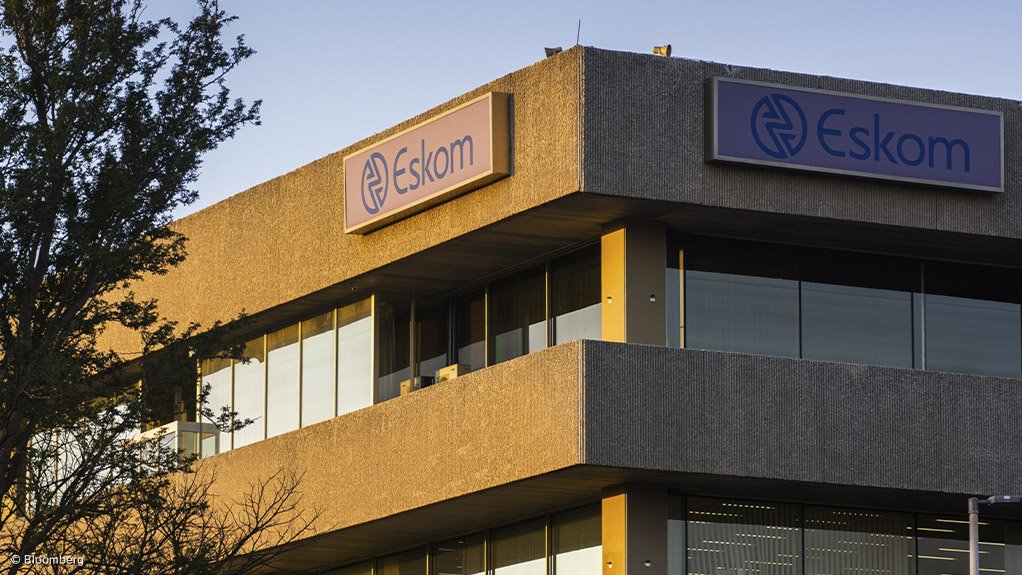Treasury should use its tax windfall to pay off Eskom’s debt, says Wits adjunct professor and former head of the budget office, Michael Sachs.
It is anticipated that on Wednesday when Finance Minister Enoch Godongwana tables his budget, he will announce an over-collection of revenue, compared to forecasts, of between R160-billion and R180-billion. The revenue overrun is a result of a high global commodity prices which has caused a surge in corporate income tax from mining companies.
At a panel discussion hosted by the Centre for Development Enterprise (CDE) on Monday, several economists were asked what government should spend the excess revenue on.
"Government should pay off Eskom’s debt. The energy sector is at the core of the short-term constraint on the economy and of long-term transformation and reform that needs to take place as the world shifts to net zero," Sachs said.
"The National Treasury has already committed to pay Eskom’s debt servicing costs in perpetuity. There is a simple financial argument which is that it would make more sense to take over the principal debt and over time they can roll it over and will probably finance it more cheaply," said Sachs.
This would be a "decisive statement" on Eskom debt, he said.
Eskom has around R400-billion of debt which it is unable to service using its own revenue. Three years ago, Treasury committed to transferring R23-billion a year, for 10 years, to Eskom. In the past three years, transfers have in fact been higher, as Treasury has "front-loaded" its commitment.
However, paying off Eskom’s debt was not without risks, said Sachs. It might take the pressure off government to engage in the robust reforms that are taking shape in the energy sector. It also raises the difficult question of whether other State-owned enterprises, whose debt is so much smaller, should be bailed out as well.
"Eskom debt makes Denel and SAA and whoever else look like small potatoes, so [it leads to the suggestion] that you might as well let the whole thing slide. That is the danger," said Sachs.
Investors have repeatedly warned of the risk of continued bail-out of state-owned enterprises to the fiscus. The IMF has recommended that any bail-out of any state-owned companies be tied to strict performance outcomes and proof of better operations.
Chief economist at Alexander Forbes, Isaah Mhlanga, said that his advice to government would also be to pay off government debt. After settling additional new expenditures that have arisen – government’s commitment to extend the R350 grant for 12 months, and the R20-billion cash gratuity to public servants – the windfall should be to pay down debt, he said.
EMAIL THIS ARTICLE SAVE THIS ARTICLE
To subscribe email subscriptions@creamermedia.co.za or click here
To advertise email advertising@creamermedia.co.za or click here











